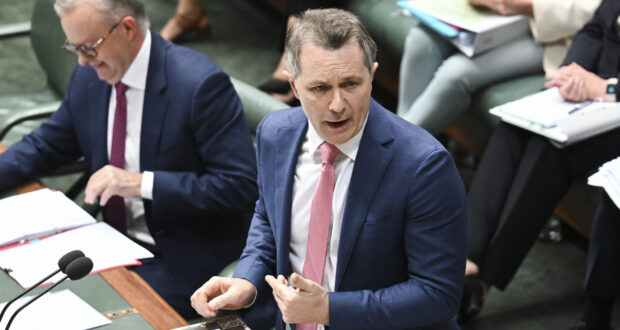A proposal to change the way universities are led, including how much vice-chancellors can be paid, was put to education ministers last Friday after union data showed an alarming number of mining and banking executives sitting on uni governing councils.
Only 137 of the 545 governing body positions at Australia's 37 public universities have been selected by students and staff, National Tertiary Education Union (NTEU) researched has revealed.
Elected positions usually have candidates that are either a student, graduate or staff member at that university.
Of the 366 who have been appointed, 143 are corporate executives or consultants from for-profit organisations, and 40, not including chancellors or vice-chancellors, are ex-officio, meaning they automatically hold a governance position because of another position they hold, while other officials are elected by state ministers, depending on that state's laws.
The majority of appointments are decided by current council members, with 68% of members appointed and only 25% elected.
The union says the lack of elected governing officials in universities has led to insecure employment and wage theft, among other issues.
NTEU president Alison Barnes said, "we’re seeing the very worst traits of big business infecting our public universities."
"No one is more committed to sustainable universities that deliver for Australian society
than staff and students.
“Yet we’re now in a shocking situation where they are outnumbered by big business
appointees with little to no experience in higher education.
The union wants to see transparent appointment processes in place and a national minimum standard for the number of elected staff and student positions on each public university governing body.
They also recommended that appointments should favour higher education sector experience over qualifications in consulting or business sectors, with transparent appointment processes..
The report was released on the same day state and federal education ministers met in Canberra on Friday.
The Universities Accord process has a priority goal to "improve" university governance through measures like ensuring there are people on university councils with appropriate experience in the business of universities.
University Chancellors Council leader John Stanhope proposed an 'Expert Governance Council' to the ministers on Friday.
The Council would oversee vice-chancellor wages (which are often double those of prime ministers even at times of financial hardship), board diversity, and workplace compliance reporting.
Commentators have pointed out universities can be tricky to govern because they are public institutions, but need business direction to meet the expectations of government, in terms of research output and workforce production.
Universities Australia chief executive Luke Sheehy said his peak body would back the proposal for an Expert Governance Council.
Do you have an idea for a story?Email [email protected]
 Campus Review The latest in higher education news
Campus Review The latest in higher education news

